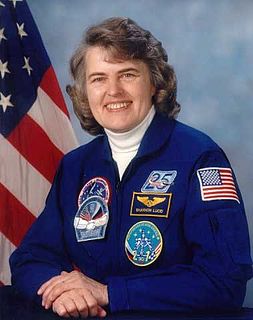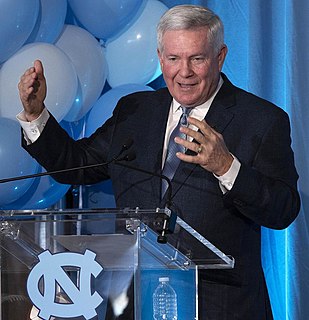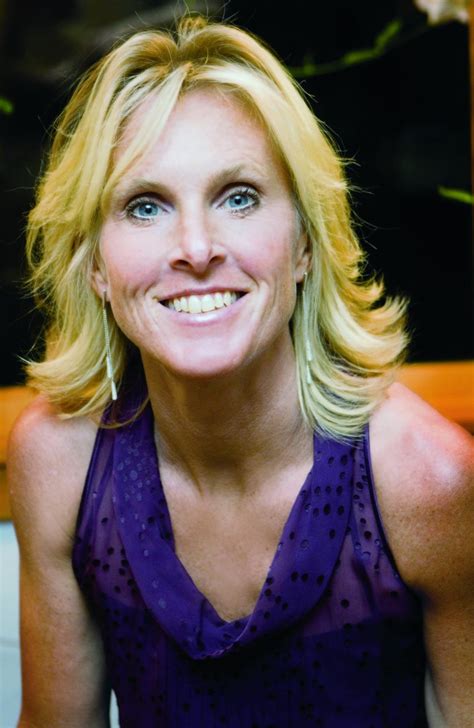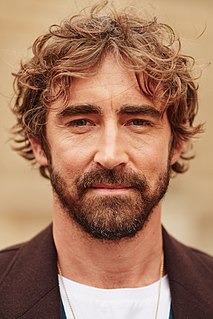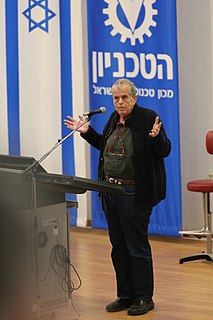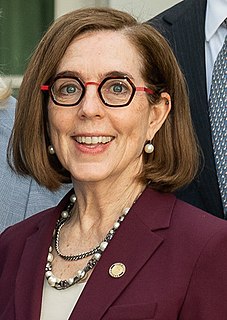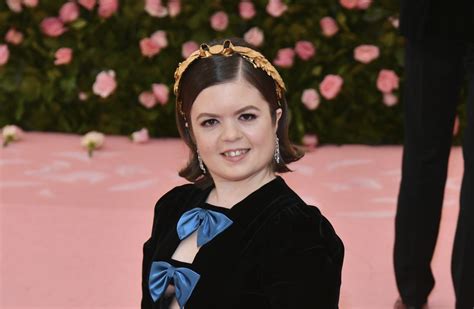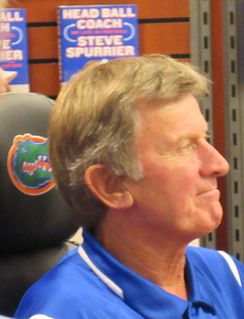A Quote by Paul G. Tremblay
Getting into graduate school was pure luck.
Related Quotes
I'd studied English literature and American history, but the English literature, which I thought was going to be helpful to me in an immediate way, was the opposite. So I had to un-think a lot of things and move out of my own head, and I learned a lot. It was like graduate school, but an un-graduate school or an un-school.
I left school my senior year to do a play at the Alley Theatre in Houston, Texas. Then while I was doing a play, I auditioned for Juilliard. I got in over the summer, and they told me, 'You have to graduate high school to come here. You don't need the SATs, but you do need to graduate high school.' I finished over the summer through correspondence.
Towards the end of the military service, I had to make what I assume has been the most important decision in my career: to start a residency in clinical medicine, in surgery, which was my favorite choice, or to enroll into graduate school and start a career in scientific research. It was clear to me that I was heading for graduate school.
I have to throw in on a personal note that I didn't like history when I was in high school. I didn't study history when I was in college, none at all, and only started to do graduate study when my children were going to graduate school. What first intrigued me was this desire to understand my family and put it in the context of American history. That makes history so appealing and so central to what I am trying to do.


